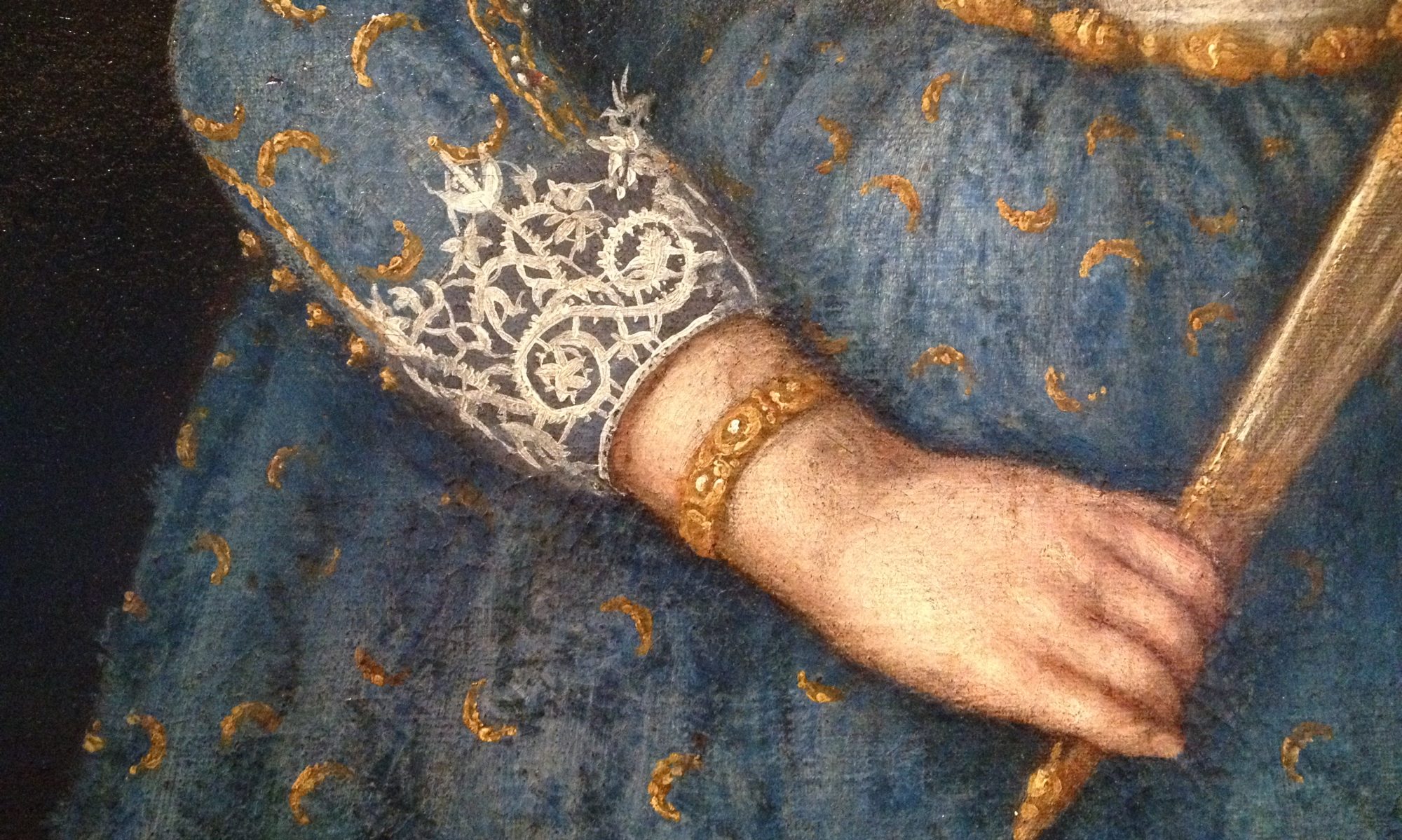Circulating this CFP and there’s still time to submit – deadline 30 November 2019.
International Conference “Historical Fiction, Fictional History, and Historical Reality”
Call for Papers
FCSH-Universidade Nova de Lisboa
Lisbon, Portugal
6-8 March 2020
Organised by CETAPS and CHAM
The most pellucid pearls of historical narrative are often fount in fiction, long a major component of historical understanding. More people apprehend the past through historical novels, from Walter Scott to Jean Plaidy, than through any formal history.
David Lowenthal, The Past is a Foreign Country (1985) 224
Historical fiction has been riding a crest of popularity, and, to a certain degree, it was that popularity that motivated (or forced) the academic study of the genre. Our conference aims to discuss the most recent findings regarding the study of the historical novel. The title of our academic meeting is taken from Hayden White’s introductory text to a special issue of Rethinking History (2005) dedicated to “historical fiction, fictional history, and historical reality”.
Working languages: Portuguese, English, Spanish. No translation will be provided.
We will privilege comparative and transdisciplinary approaches. Potential contributors are invited to submit a 300-word abstract on themes related to any of the following conference tracks:
– (re)defining the historical novel: potentials and boundaries;
– postmodernist innovation of the historical novel;
– Writing Back from (or into) the Past: Literature, History and ideology;
– History and Literature (borderlands): accuracy, authenticity and fictional representation;
– from footnotes to maps: the function of paratextual elements in historical fiction;
– historians, novelists and the historical novel;
– historical metafiction;
– screening history: historical (period) films, television series and documentaries (reconstructions);
– (re)writing History;
– alternate history;
– historical fiction awards;
– narrating national and personal memories and traumas in literature;
– memoirs, family sagas and other autobiographical writing as/and historical fiction;
– historical mysteries;
– historical short stories;
– gender and historical fiction;
-representing and suggesting eroticism and sex in historical fiction;
– fictionalising historical change and the archives;
– historical novel and literary tourism;
– the historical novel, historical imaginary and (visual) cultural memory;
– Literature, history and the anachronism;
– phantasy in historical;
– dystopian and utopian vision in historical fiction;
– the historical novel and politics of technology;
– teaching history, literature and creative writing through historical fiction;
– fictionalising the (post)colonial;
– the historical novel and the publishing market, the (informed) reading public and Academia;
– historical fiction for children and young adults;
– historical fiction in/and games, comics and graphic novels;
– historical drama/history plays, opera, and other historical reenactments;
Papers and panels on the above themes are invited. However, papers/panels on other subjects related to the above topics will also be considered. Participants will be held to a twenty minute presentation limit.
Please submit an abstract or a full paper (MLA style) and a bio note, by November 30, 2019, to:
Rogério Miguel Puga
1) historicalnovellisbon2020@gmail.com
and
2) cetaps@fcsh.unl.pt
To insure prompt notification, please include your e-mail address on your submission. If you are willing to chair a session, please note this at the top of your abstract.
Conference webpage:
https://historicalnovelconferencelisbon2020.wordpress.com



